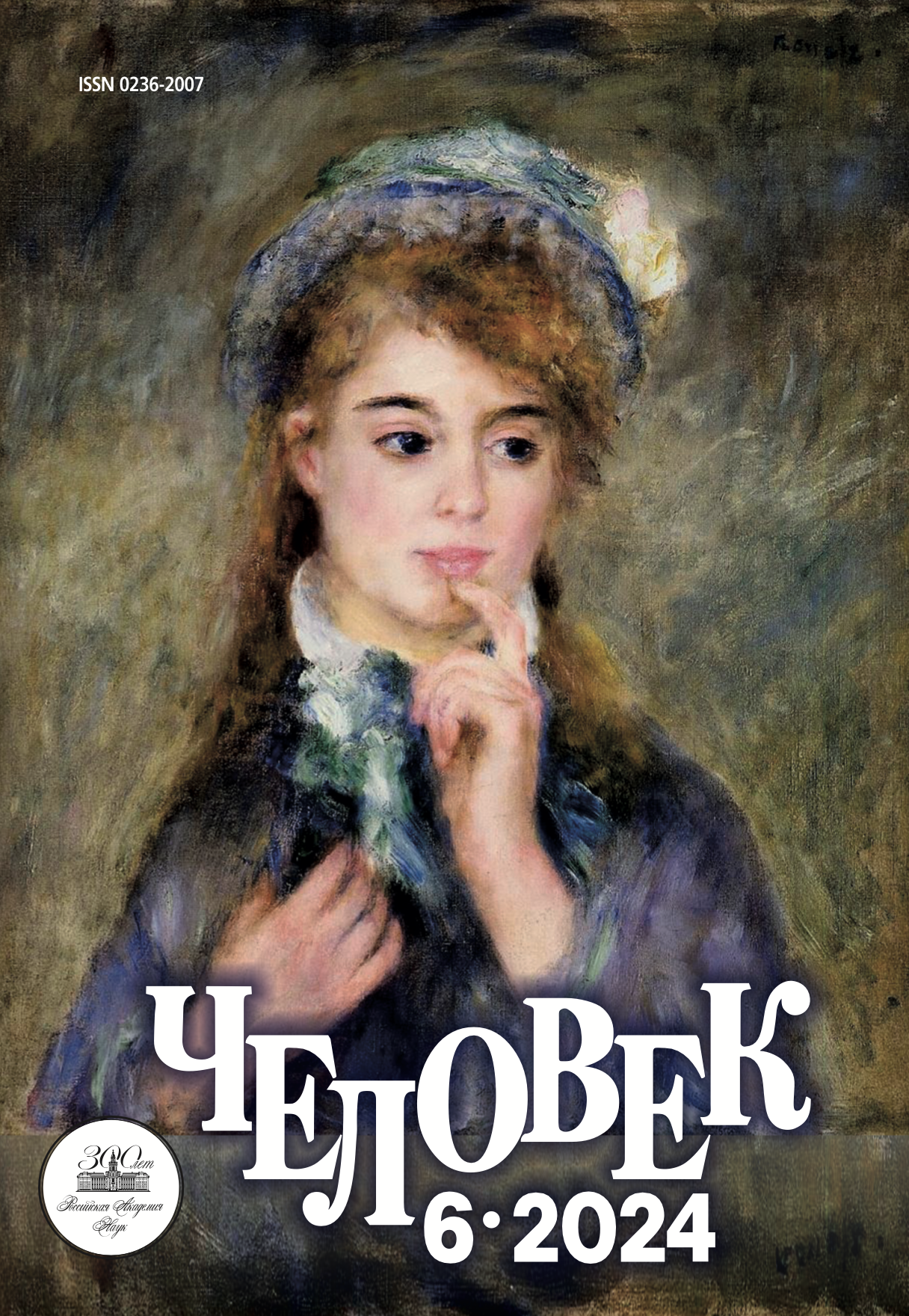Praxis and Сriticism of Action: Reasoning About the Role of Hypothetical Necessity in Aristotle
DOI:
https://doi.org/10.31857/S0236200724060105Keywords:
Aristotle, conditionals, formation, absolute necessity, hypothetical necessity, moral choice, freedom, decisionAbstract
The article offers an interpretation of hypothetical necessity, which is important for understanding Aristotle's future contingent events, based on praxis. For this purpose, the concept of becoming, the ways of expanding knowledge and the consequences for them of incomplete information about the conditions for the occurrence of future contingent events are used. Hypothetical necessity is the basis of praxis, where it is created by choice and decision, which allows us to see our actions not as absolutely contingent. It is difficult to indicate the absolute meaning of hypothetical necessity outside the theory of essence and becoming. But its difference from simple (metaphysical) necessity allows us to form a basis for criticizing actions that generate future contingent events. They are determined by the conditions that act in us and can change along with our ideas about the current situation, about the good and about the ways to achieve it. An act is not necessary, and not completely contingent, although it becomes necessary after its commission. The fact that a person himself does not control the formation of moral conditional necessity, and for him changes in opinions and preferences are usually spontaneous, contains the basis for criticism of the act. The latter is justified by speaking about the realization of the essence, and condemned by pointing to moral conditional necessity associated with dubious circumstances, for example, with delusions, prejudices, laziness, lack of will, etc.






